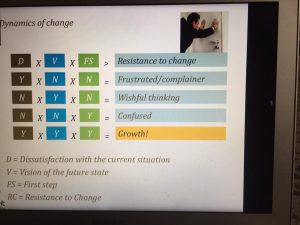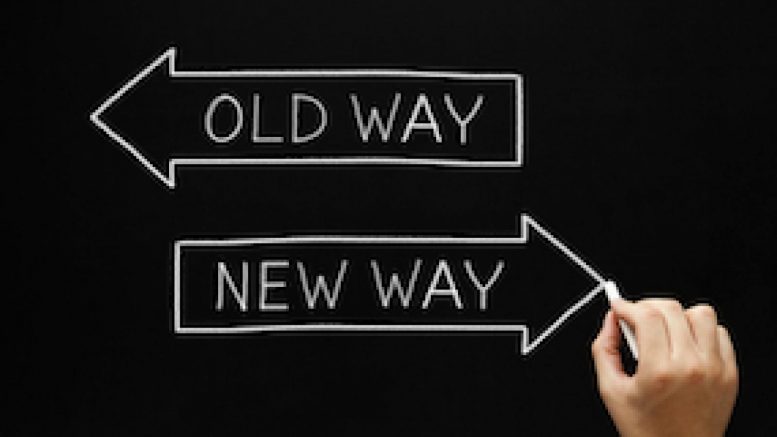During the past one-month innumerable articles have appeared on Reputation Today that speak of how the world has/is changing and how Communications needs to change. Webinars upon webinars are talking of the ‘new normal’ and ways of dealing with it. Cross over to another platform say LinkedIn and you find the same story being repeated.
The common denominator running across all stories is ‘change’. Yes, change we must. Because the world is changing. Because the way we used to work earlier will no longer work in the future. Because oh, of so many other reasons. No one is disputing the importance of change. But, can we really change?
What drives change? Is the current state of affairs going to be the sole reason for change? And will change be possibly attributed only to COVID-19? Or, is there more to change?
Indeed, there is. And that is – you and me. Us. People. We have to drive change. Question is – how can we bring about change that helps us navigate the new normal and elevates us at a higher level? Are we open for change or do we resist change?
I came across this very interesting model on change called the Beckhard-Harris model that proposes that individuals and organisations change only if there is dissatisfaction (D) with the current state of situations, there is a compelling vision of future (V) and there are acceptable first steps (F) for achieving that vision/change. The product of D x F x V should be greater than the existing resistance for successful implementation of change. These conditions give rise to a change formula:
D x V x F > R

The real dynamics of change
Knowing a formula really does nothing unless you understand the underlying dynamics of it. Let us look at those and apply some of those dynamics in today’s new normal.
There is currently a very high level of dissatisfaction with the current state of affairs due to the COVID-19 situation. As a firm and/or as a PR/Communications professional, most of us are grappling with new ways to keep ourselves relevant and ensuring that communication is clear, transparent, creative and objective. We need to have a very compelling vision of the future from a ‘what does this mean for me’ perspective. You need to visualise yourself in that vision. Only then will you be able to articulate the first steps that you will need to take for change to happen. Most importantly, for change to be successful and for your journey in the process to be fruitful, you must experience joy! You must enjoy this transition. It should be a journey that excites you. That is when you will be successful in bringing about change.
Here’s how the dynamics of change work:

Many organisations have had to completely revamp and relook at the way they have been engaging with their colleagues. The current COVID-19 situation has given rise to a high level of stress, uncertainty, disengagement, and many questions around safety and well-being. Within Bayer, we knew we had to address them and very quickly too. Time was of essence here.
Our vision to run an internal campaign on #BayerHeroes (colleagues who went out of their personal comfort zone to take care of their communities) was born out of our passion to keep our colleagues engaged and to continue to motivate and inspire them. It was also born out of the very thought that we need to have optimism running high within the organisation. With our discovery of new #BayerHeroes every second day, the emotional stories have forged stronger bonds within the organisation. Our social media metrics have reached a new high with increased number of shares, comments and likes.
The change dynamics have taught us an important lesson – whatever action points we draw, they need to come from a source of happiness and should give us joy.
The views and opinions published here belong to the author and do not necessarily reflect the views and opinions of the publisher.



Be the first to comment on "Change, we must. But can we really?"